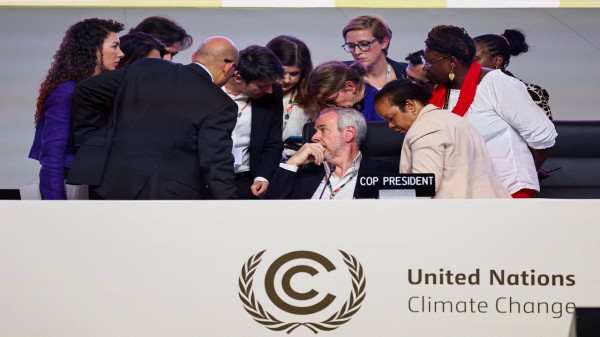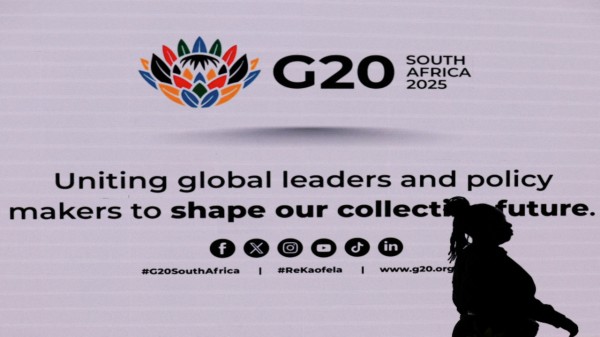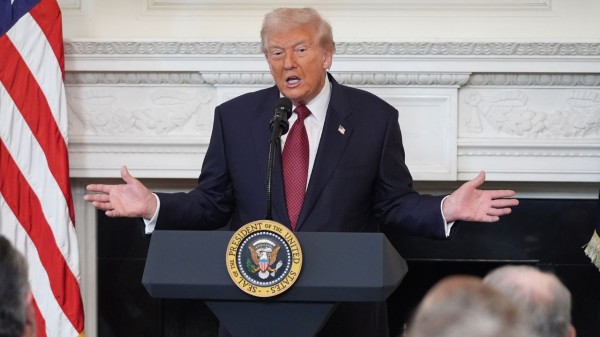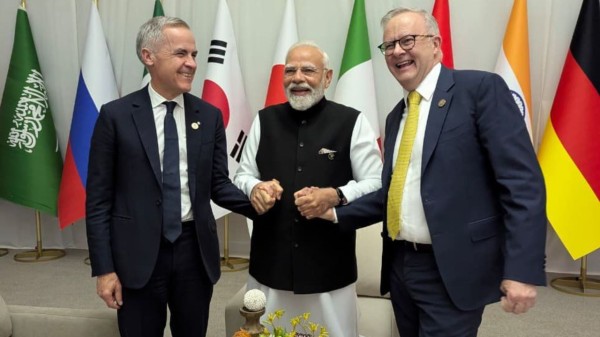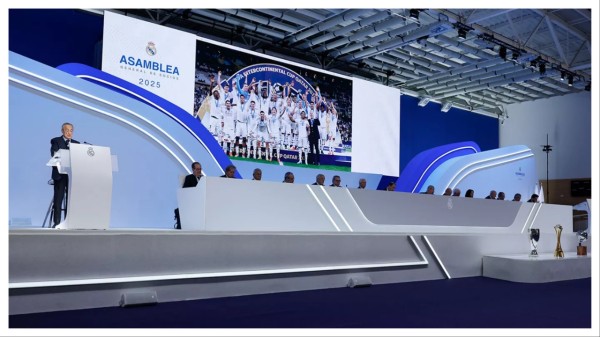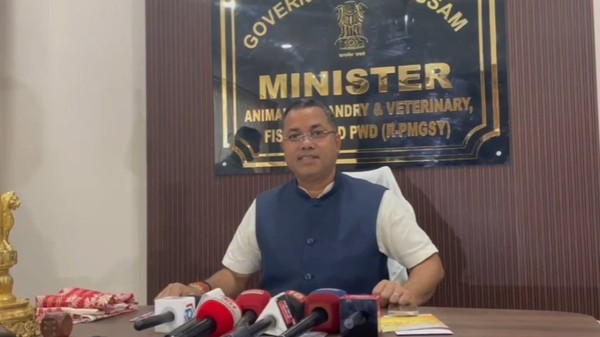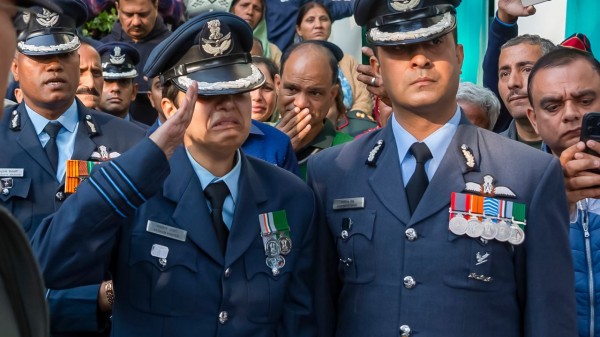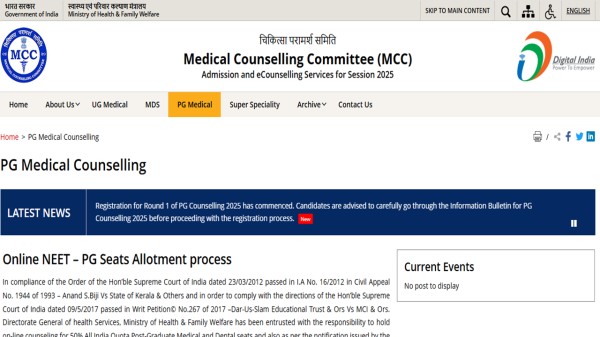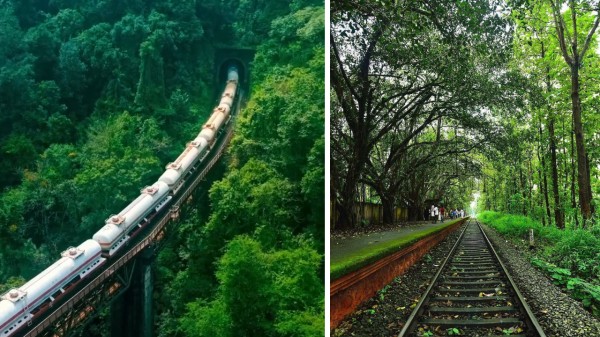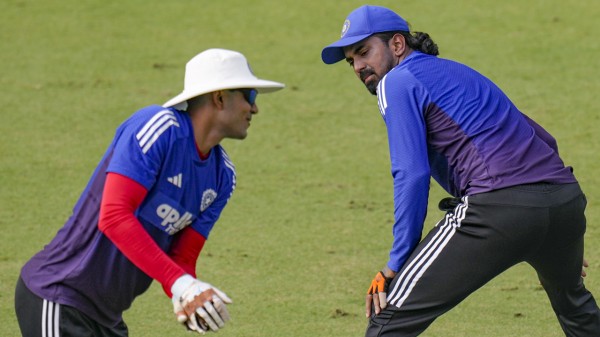

By signing in or creating an account, you agree with Associated Broadcasting Company's Terms & Conditions and Privacy Policy.


By signing in or creating an account, you agree with Associated Broadcasting Company's Terms & Conditions and Privacy Policy.
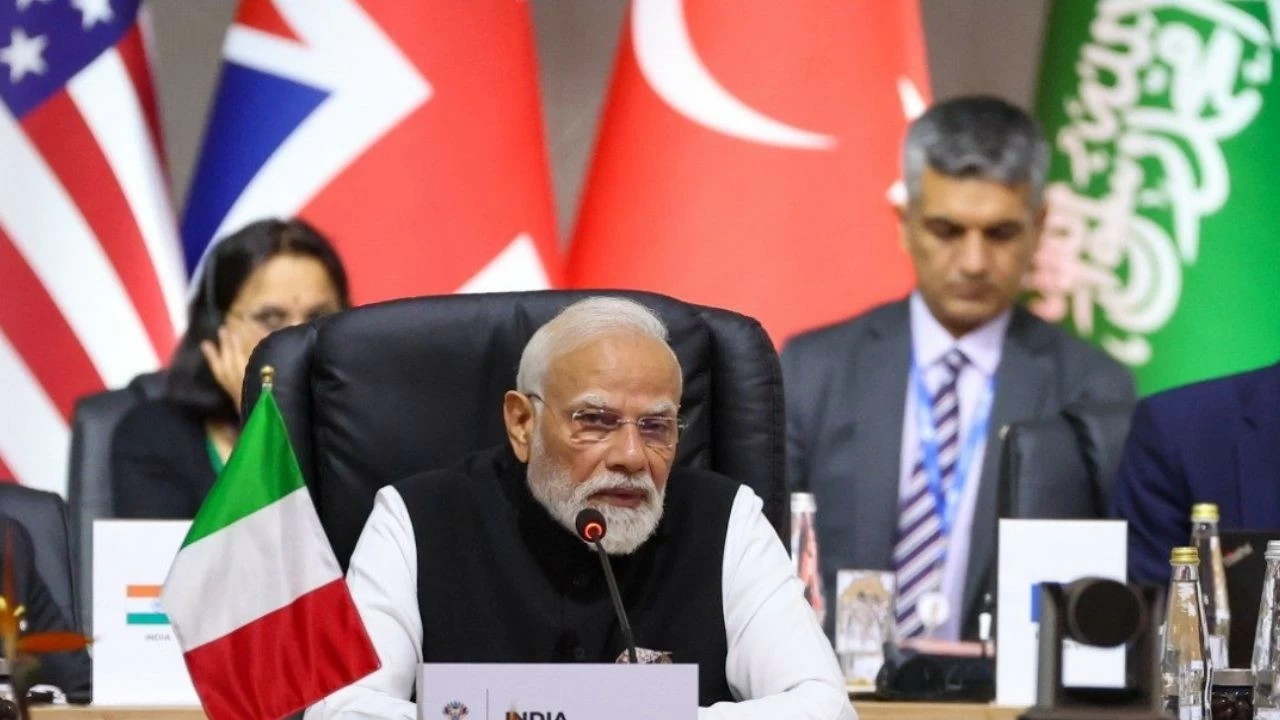
New Delhi: World leaders convened in Johannesburg on Saturday for the G20 Leaders’ Summit, presided over by South African President Cyril Ramaphosa. Prime Minister Narendra Modi, who reached the city a day prior, engaged in a series of bilateral discussions, including a meeting with Australian Prime Minister Anthony Albanese, before outlining India’s key priorities on the global stage.
During formal sessions, PM Modi introduced a comprehensive six-point agenda aimed at strengthening international cooperation and crisis preparedness. His proposals included:
A G20 Initiative on Countering the Drug–Terror Nexus, emphasising urgent joint action against trafficking networks.
The formation of a G20 Global Healthcare Response Team, consisting of trained medical experts from member states who can be deployed during emergencies.
A G20 Africa-Skills Multiplier Initiative focused on enhancing skills and employment capacity across African nations.
Creation of a Global Traditional Knowledge Repository to preserve and exchange indigenous knowledge systems.
Establishment of a G20 Open Satellite Data Partnership for greater transparency and access to space-based information.
A G20 Critical Minerals Circularity Initiative to strengthen sustainability and maximize resource value in the minerals sector.
Speaking during the session titled “A Fair and Just Future for All - Critical Minerals; Decent Work; Artificial Intelligence”, PM Modi urged countries to collaborate on an international agreement governing artificial intelligence to prevent misuse. He emphasised that AI must remain “human-centric, transparent, responsible, and free from abuse in areas like deepfakes, crime, and terrorism,” said a report by news agency PTI.
The PM said that AI systems with public impact should be auditable and accountable, stressing that final decision-making must rest with humans. He also advocated for a global policy framework enabling talent mobility to develop the “Capabilities of Tomorrow”.
On the sidelines of the summit, PM Modi attended the India–Brazil–South Africa (IBSA) Leaders’ Summit, where he reiterated the pressing requirement for restructuring global governance institutions. He said reforming the UN Security Council was “no longer optional but essential,” urging IBSA to send a decisive message for fairness and representation, according to a separate report by PTI.
Among his proposals were the establishment of an IBSA-level NSA meet, creation of an IBSA Digital Innovation Alliance, and formation of an IBSA Fund for Climate-Resilient Agriculture. He also highlighted potential areas of collaboration including digital public infrastructure, green energy, natural farming, disaster resilience, and traditional medicine.
Calling IBSA a bridge across three continents and major democracies, he invited partners to attend India’s AI Impact Summit next year, noting that the grouping could play a pivotal role in shaping global standards for safe and trustworthy AI.
